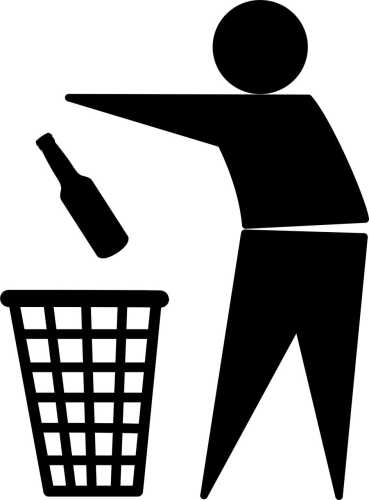
Even moderate doses of alcohol in the diet lead to gradual weight gain, deterioration of the skin and destruction of internal organs. How quickly will the body fully recover if you give up alcohol? What changes will 30 days of complete sobriety lead to?
Complete abstinence from alcohol: day one
On the first day after an alcoholic party, the side effects manifest themselves most strongly. The body is saturated with toxins, it is dehydrated, because alcohol has removed a lot of fluid, minerals and electrolytes from it. The stomach and intestinal mucosa are irritated. Classic symptoms: nausea, headache and dizziness, mood swings, fatigue, loss of appetite. Ethanol, which is contained in alcohol, has turned into acetaldehyde – a less dangerous poison. This is the substance that causes a hangover, the body is actively trying to remove, informs Ukr.Media.
Four days later
A hangover lasts a maximum of 72 hours. On the fourth day after giving up alcohol, its symptoms disappear completely. Alcohol is removed from the blood, the body continues to actively fight toxic substances. Taste sensations return. Kidney function is restored, although the swelling has not completely gone. Pain in the liver persists: it takes much more time to recover. In general, the physical condition has improved significantly compared to the first day, but the feeling of weakness and rapid fatigue remains.
In 7 days
A week after giving up alcohol, the nervous system normalizes. Heart rhythms also return to normal. Visual acuity has increased. The quality of sleep improves, the body has fully restored its energy resources. The body regains vigor, attention and concentration have improved. Everyday and household chores become easier. A sharp increase in appetite is possible, and a frequent desire to snack arises: this feeling lasts on average from one to three weeks. Mood swings cease, a feeling of calm and harmony with oneself returns.
2 weeks later
After two weeks without alcohol, the pain in the joints disappears. There is still alcohol in the body, but the metabolic processes have already completely normalized. The intestinal mucosa is restored, the weight begins to decrease: without alcohol, toxins and empty calories do not enter the body. Stomach acid is produced in the usual mode, the burning sensation in the throat completely disappears. The work of the heart and blood vessels has also been restored, which means that blood pressure has also normalized.
30 days after complete abstinence from alcohol
After 21 days of abstinence, the toxic products left the body. Only now has the brain completely rid itself of traces of alcohol.
After a month of abstaining from alcohol, the skin condition improves dramatically. It becomes more elastic, radiant and healthy. Small wrinkles, spots and pimples disappear. The functioning of the liver has practically returned to normal: it will take another month for it to fully recover. The body needs much less time to restore energy resources, memory has noticeably improved. Alcohol weakens the immune system, increasing its susceptibility to infections. After a month of abstinence, the immune system will not only be restored, but also noticeably strengthened.
What's next?
The first six months after the “tie” are considered the most dangerous period. During these six months, the probability of relapse is high. The body is cleansed, negative experiences are forgotten, and the person is sure that everything is under control, so he allows himself to drink a glass or two and quickly returns to the old doses. Another scenario: a person allows himself to drink once, is tormented by remorse and goes to all lengths – “the barn, mountains and the house burned down.”
It is also not uncommon for cases of substitution, when one addiction is replaced by another. This includes beer (if a person previously drank strong alcohol), cigarettes, food, and energy drinks.
It is very important to enlist the support of loved ones. Often, breakdowns occur after a quarrel with family members. Do not be afraid to directly ask them for support and leniency. Another common reason is a meeting with former drinking buddies. If you are not sure that you will not be tempted, it is better to refuse contact for the time being.
What do doctors say?
Doctors warn that if a person has been on a long binge, then a sharp refusal of alcohol can be dangerous. A person experiences hallucinations, intrusive paranoid thoughts come to mind, unreasonable fear sets in, and hand tremors are noted. This is the notorious alcoholic delirium – “Squirrel” or psychosis.
What will happen if you abruptly quit drinking? This does not mean that you cannot end the destructive habit once and for all. It is simply better to do it under the supervision of doctors: undergo detoxification, take a course of drugs that restore the liver and improve blood circulation in the brain, and after that there should be a long work with a psychotherapist. This is ideal, but it all depends on your willpower and determination.





